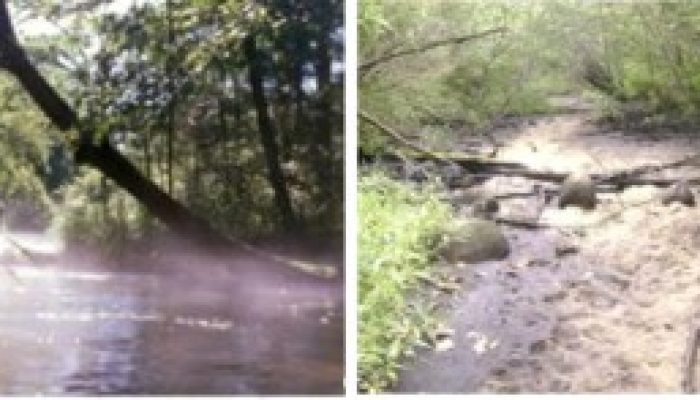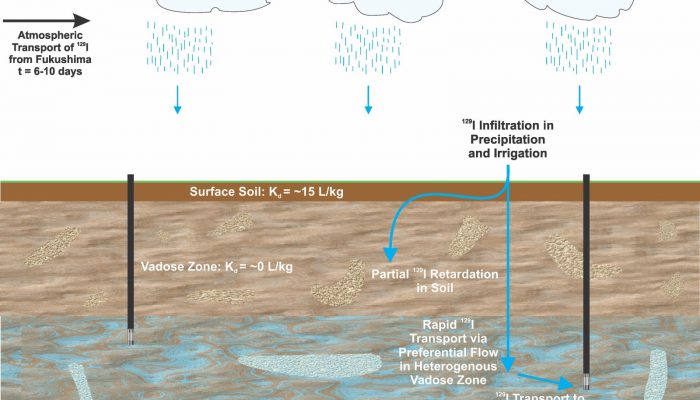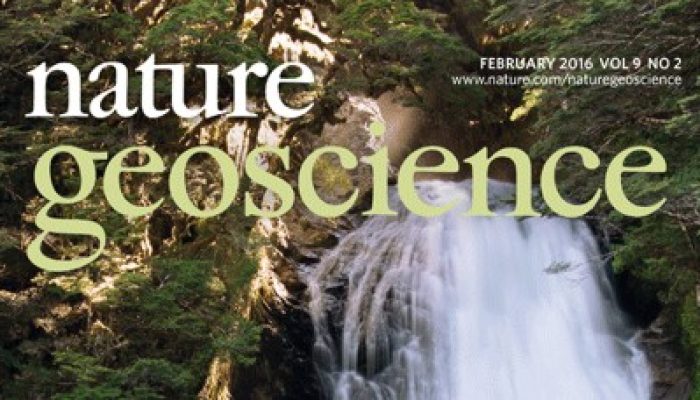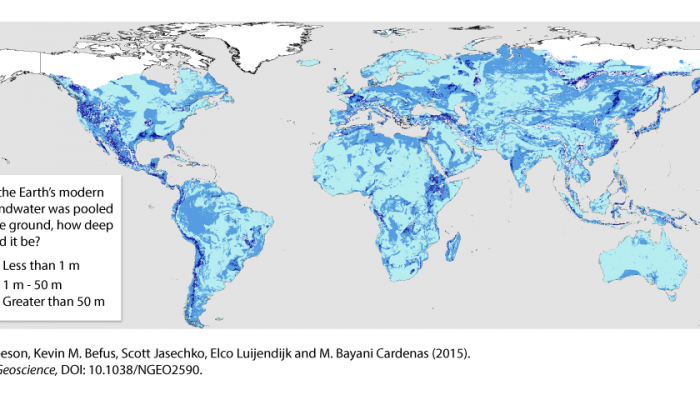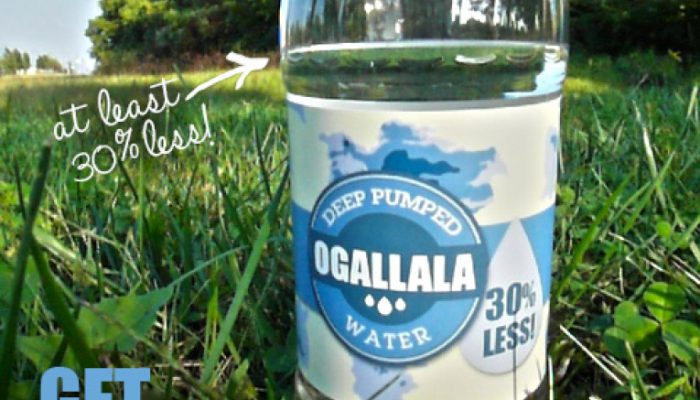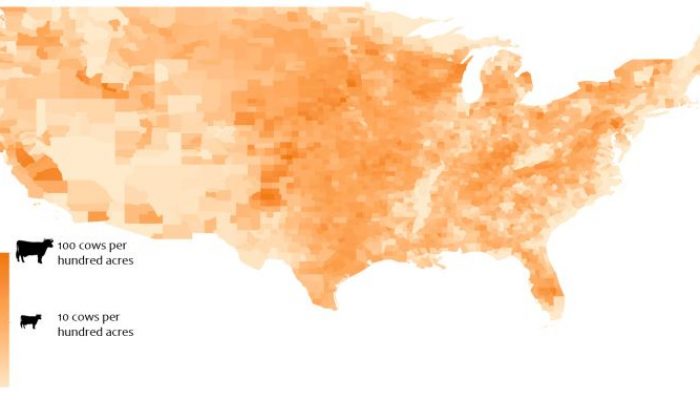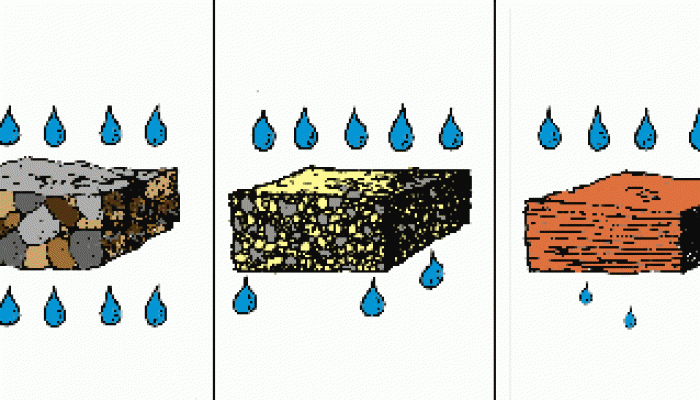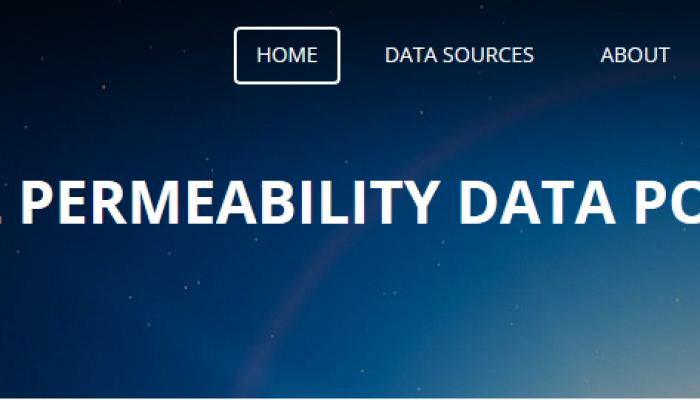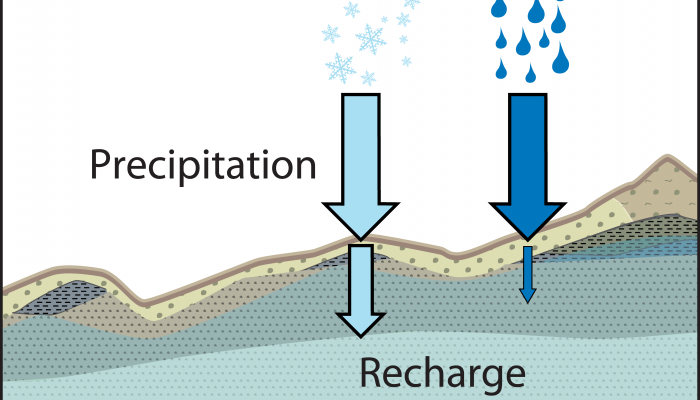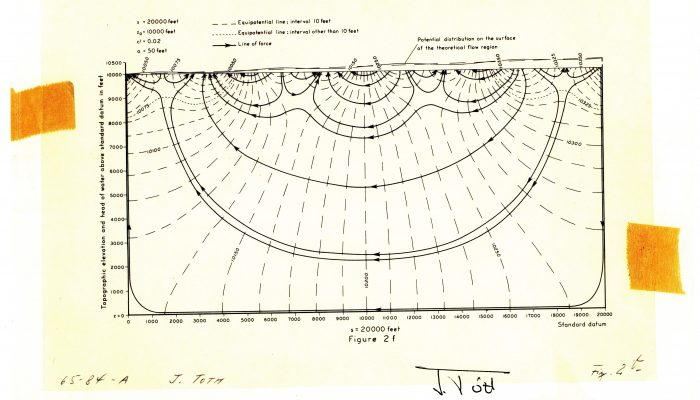By Sam Zipper, postdoctoral fellow at Madison and author of tacosmog.com We often think of groundwater as a nonrenewable reservoir, deep underground, and with good reason – less than ~6% of groundwater globally entered the ground within the past 50 years. However, where a river or stream intersects the water table, water is able to move from the aquifer to the stream (or vice versa). This supply o ...[Read More]
Tracking the Fallout and Fate of Fukushima Iodine-129 in Rain and Groundwater
This post is written by Matt Herod, and reposted here with permission… A recently published paper (by myself and colleagues from uOttawa and Environment Canada) investigates the environmental fate of the long lived radioisotope of iodine, 129I, which was released by the Fukushima-Daichii Nuclear Accident (FDNA). Within 6 days of the FDNA 129I concentrations in Vancouver precipitation increas ...[Read More]
Nature Geoscience digging into water underground this month!
Nature Geoscience is digging hard into water underground – the February issue is part of a special focus on groundwater. The cover this month is a gorgeous (groundwater-filled?) waterfall by Glen Jasechko, Scott’s brother. The groundwater focus includes: commentary on drought in the Anthropocene, led by Anne van Loon news and views pieces by Ying Fan and Tamara Goldin our paper on the ...[Read More]
Water Canada article on our research
Scott Jasechko and I wrote an article for Water Canada about our research on modern groundwater published last fall in Nature Geoscience. We tried desperately to use plain language… how did we do? See WaterCanadaWinter2016
Fantasy Bottled Water Brands of Tomorrow: Ogallala Water
We are peering into the not-so-distant future to imagine what the brand geniuses of the future will be serving up for discerning water consumers! The Brand: Ogallala Source: Great Plains Why? Deep down, you know you love it. Promotional Copy: Ogallala Water: GET PUMPED. Swill waters run deep so we go deep, deep, deep into the Great Plains water table to pipe this ancient, undisturbed water to your ...[Read More]
Where’s the beef? Or should I say where’s the groundwater?
This graphic is from Owen Miles’ watermurica blog
How easily does our understanding of ‘CRUSTAL PERMEABILITY’ flow ? A new Geofluids special edition…
Permeability is a crazy parameter: heterogeneous on many spatial scales, highly variable over up to 20 orders of magnitude, and transient on many temporal scales. Yet, for better or for worse it is essential to our understanding of numerous earth processes, as well as how human impact and interact with the earth. I have had the honor of guest editing a special issue of Geofluids called ‘Cru ...[Read More]
A new data portal for permeability!
Permeability data is tucked many dusty corners of the web and in even dustier reports, books and thesis. The purpose of the Crustal Permeability Data Portal is to ‘unearth’ (pun intended!) permeability data by providing links to online, peer-reviewed permeability data that is open to anyone around the world. This data portal collates links to other data sources rather than hosting data and is a co ...[Read More]
When it snows, it pours (into aquifers)! Recharge seasonality around the world…
Written by Scott Jasechko University of Calgary isohydro.ca twitter.com/sjasechko Groundwater is renewed by rain and melted snow that moves under the ground, a process called groundwater recharge. The percentages of summer versus winter precipitation that make it under the ground are expected to be different for a number of reasons including larger plant water use during the summer, and larger are ...[Read More]
Is research on ‘regional groundwater flow’ stagnant or still flowing?
Written by Brian Smerdon IAH regional groundwater flow commission In the early 1960’s József Tóth published seminal work on the concept of regional scale flow and nested flow systems. His work built on the “theory of groundwater motion” by M.K. Hubbard, and seemed to come along just at the right moment in history of hydrogeology. Armed with József Tóth’s work, the hydrogeologic community (geologis ...[Read More]

